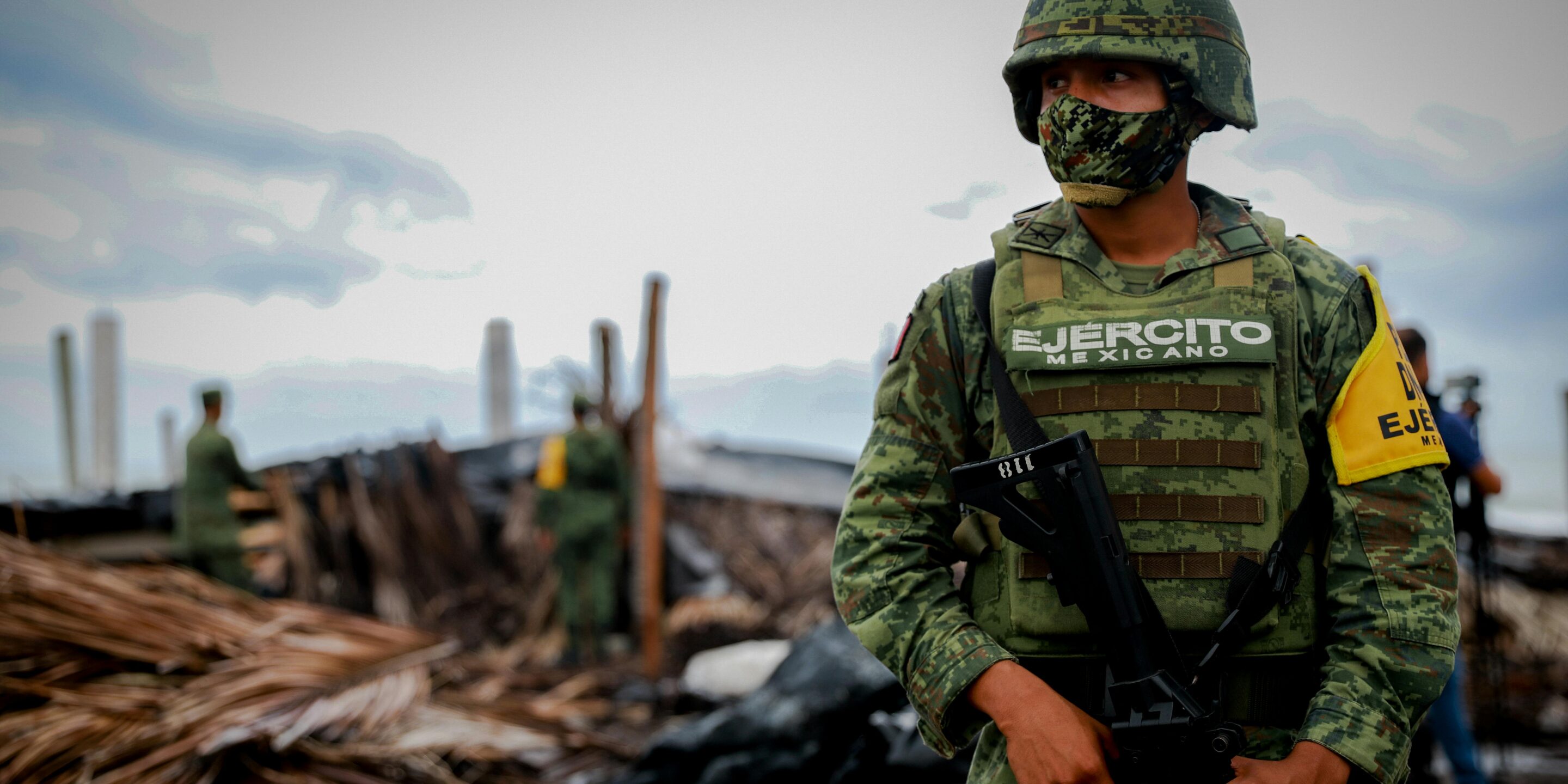
In 2020, during the last year of the Trump administration’s first term, President Trump asked then-Defense Secretary Mark Esper a shocking question: why can’t the United States just attack the Mexican cartels and their infrastructure with a volley of missiles?
Esper recounted the moment in his memoir, using the anecdote to illustrate just how reckless Trump was becoming as his term drew to a close. Those missiles, of course, were never launched, so the entire interaction amounted to nothing in terms of policy.
Yet five years later, Trump still views the Mexican cartels as one of Washington’s principal national security threats. His urge to take offensive action inside Mexico has only grown with time. Unlike in Trump’s first term, using the U.S. military to combat these criminal organizations is now a mainstream policy option in Trump’s Republican Party. According to the New York Times, Trump has signed a presidential directive allowing the Pentagon to begin using military force against specific cartels in Latin America, and U.S. military officials are now in the process of studying various ways to go about implementing the order.
While this may come as a shock to some foreign policy commentators, it shouldn’t. Trump, Vice President JD Vance, Defense Secretary Pete Hegseth, U.S. Ambassador to the U.N. (and short-lived national security adviser) Mike Waltz and U.S. Ambassador to Mexico Ron Johnson have all left the door open to military force, whether it takes the form of striking fentanyl-production facilities by air or deploying U.S. special operations forces to take out top cartel leaders on Mexican soil.
More on Western Hemisphere

December 6, 2025

December 5, 2025

December 4, 2025

December 2, 2025

November 25, 2025



